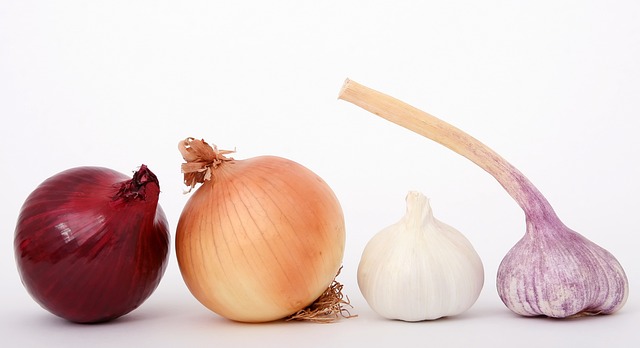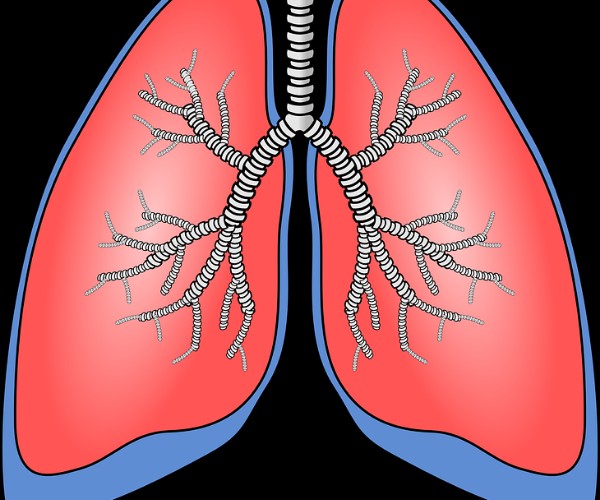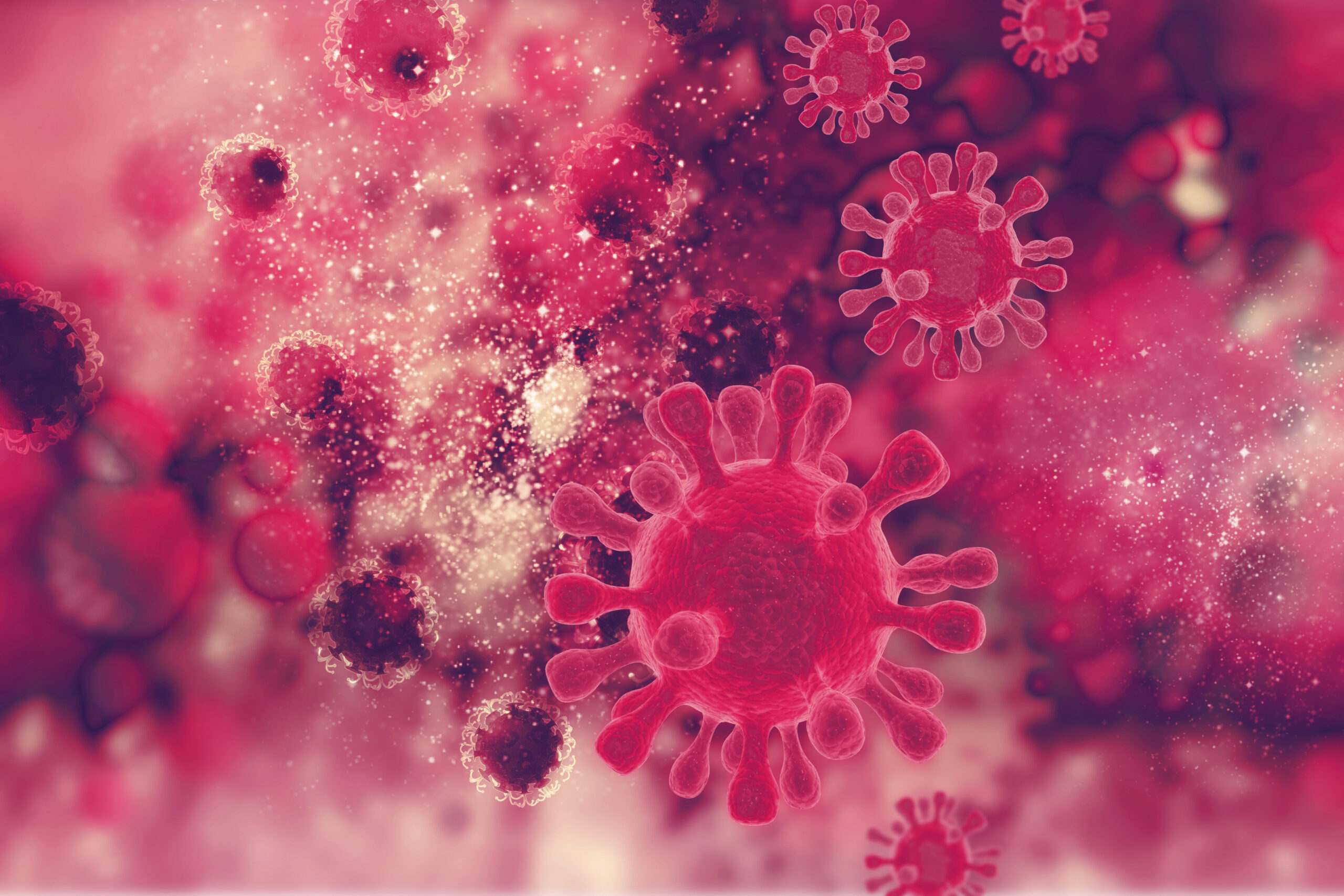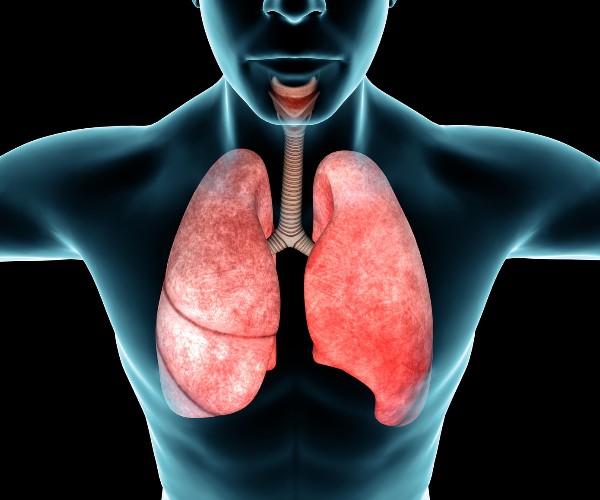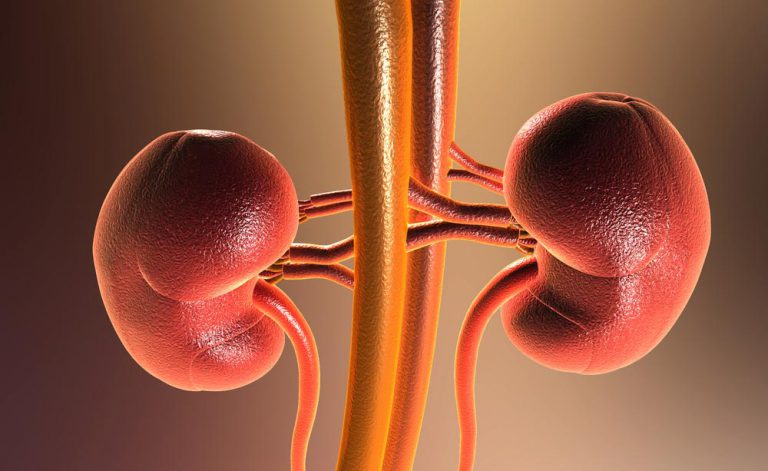Vitamins constitute a very heterogeneous group of substances; they do not provide calories, but are indispensable for the functioning of the body. At the point when vitamins are not taken for long periods, it is called a deficiency.
Vitamins fat-soluble (A, D, E, K)
These vitamins are fat soluble and can be accumulated in the liver. If taken in excessive amounts they can cause toxicity.
Vitamin A is present in two main forms: retinol found in foods of animal origin, and carotenoids found in foods of plant origin. Vitamin D is present as Cholecalciferol and Ergocalciferol. Vitamin E, on the other hand, has antioxidant action, and vitamin K is essential for blood clotting.
Vitamins Water-soluble (C, B1, B2, B6, B12, Niacin, Pantothenic Acid, Folic Acid, Biotin)
These vitamins are water soluble. They are not stored in the body and are eliminated with urine.
Vitamin C has antioxidant function, keeps collagen intact, and improves immune system function. Vitamin B, also known as thiamine, has the function of promoting the trophism of certain tissues in nervous tissue. Vitamin B2 or riboflavin is an important coenzyme of anabolic and nutrient absorption processes. Vitamin B6 or pyridoxine stimulates certain brain functions, while vitamin B12 or cobalamin is important for red blood cell physiology. La niacin is an important component of some coenzymes, the pantothenic acid is part of some hormones and regulatory substances of the nervous system, the folic acid is necessary for the synthesis of nucleic acids and finally the biotin participates in the body’s oxidation-reduction reactions and is important for the functioning of the nervous system.
Source: Handbook of Dietetics and Clinical Nutrition by Franco Contaldo et al.










